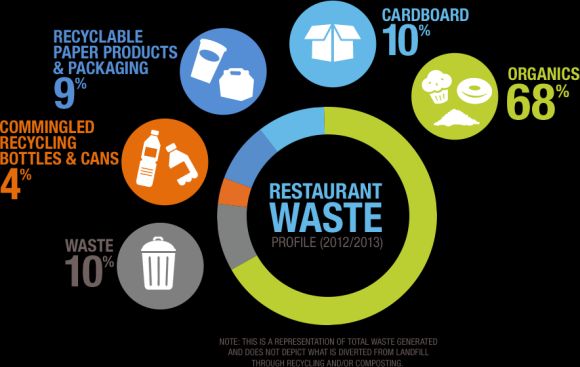
In the bustling world of the restaurant industry, the last thing on your mind may be waste disposal. However, efficient and ethical restaurant waste disposal best practices are more critical than ever before. Adopting and adhering to these practices can positively impact both your bottom line and the environment. It’s also essential to consider recycling best practices. So, what does effective waste management look like in the restaurant industry? Let’s delve into the details.
The Importance of Efficient Restaurant Waste Disposal
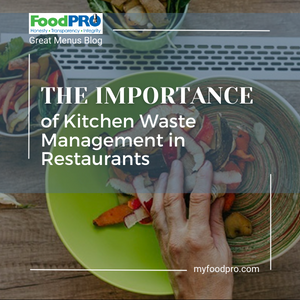
First, let’s understand why proper waste disposal is critical. In the US alone, the restaurant industry produces a staggering 11.4 million tons of food waste annually. This not only affects the environment but also reflects significant financial losses for restaurants. Effective waste disposal is more than just an ethical move; it’s good business practice.
The 3 Rs: Reduce, Reuse, Recycle
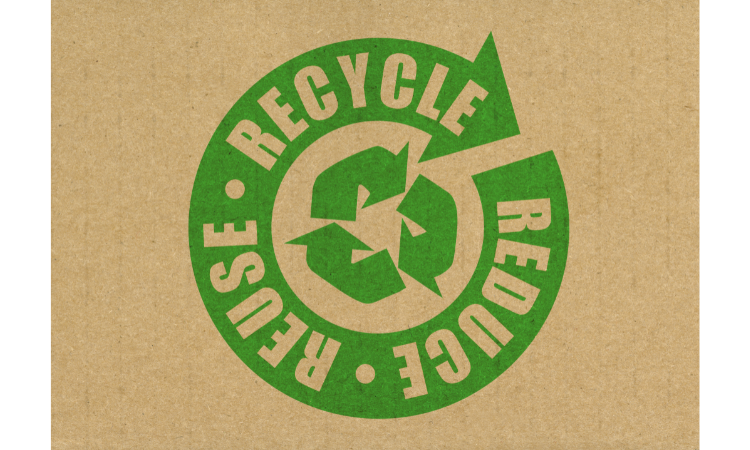
Fundamentally, efficient waste management rests on the principles of the three Rs: Reduce, Reuse, and Recycle. Here’s how these concepts apply to the restaurant industry:
Reduce: Lessening the amount of waste your restaurant produces is the first step. It starts with mindful purchasing, precise portioning, and careful inventory management. Implementing a restaurant tablet could help in managing your inventory accurately and in real time. This brings us to the subject of restaurant tablet best practices, which we will explore later.
Reuse: The philosophy of reusing is applicable in a number of ways in a restaurant setup. For instance, glass jars can be repurposed to serve drinks or store spices, and cardboard boxes can be used for storage.
Recycle: Finally, adopting recycling best practices will ensure that waste materials like paper, glass, and plastic are sent to recycling facilities rather than to the landfill.
Key Restaurant Waste Disposal Best Practices
Now that we have a basic understanding of the principles, let’s delve into specific restaurant waste disposal best practices.
Composting
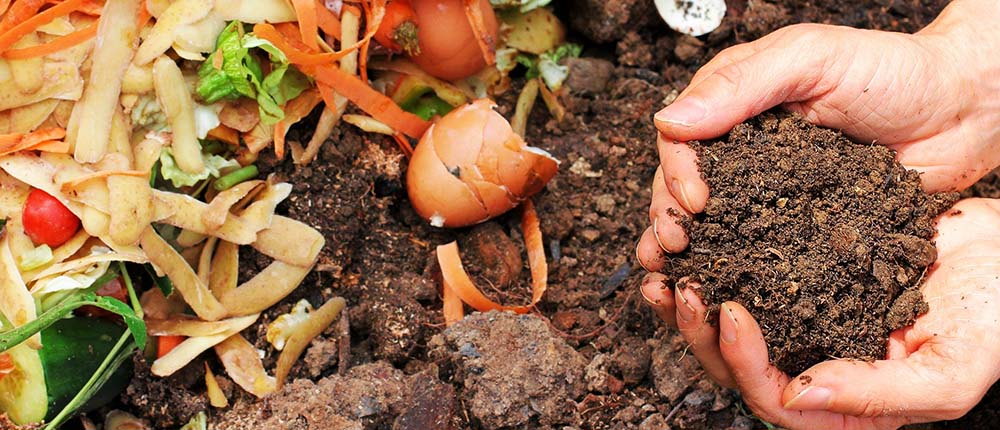
Composting is an ideal solution for organic waste like fruit and vegetable peels, coffee grounds, eggshells, and more. It not only significantly reduces the volume of waste but also yields nutrient-rich compost that can be used in gardens. Partner with a local composting facility or consider starting your own on-site composting program if you have the space.
Donating Unused Food

Unused food that is still safe to consume can be donated to local food banks or shelters. Many cities have food donation programs that will pick up your excess food and ensure it gets to those who need it.
Efficient Disposal of Fats, Oils, and Greases (FOG)
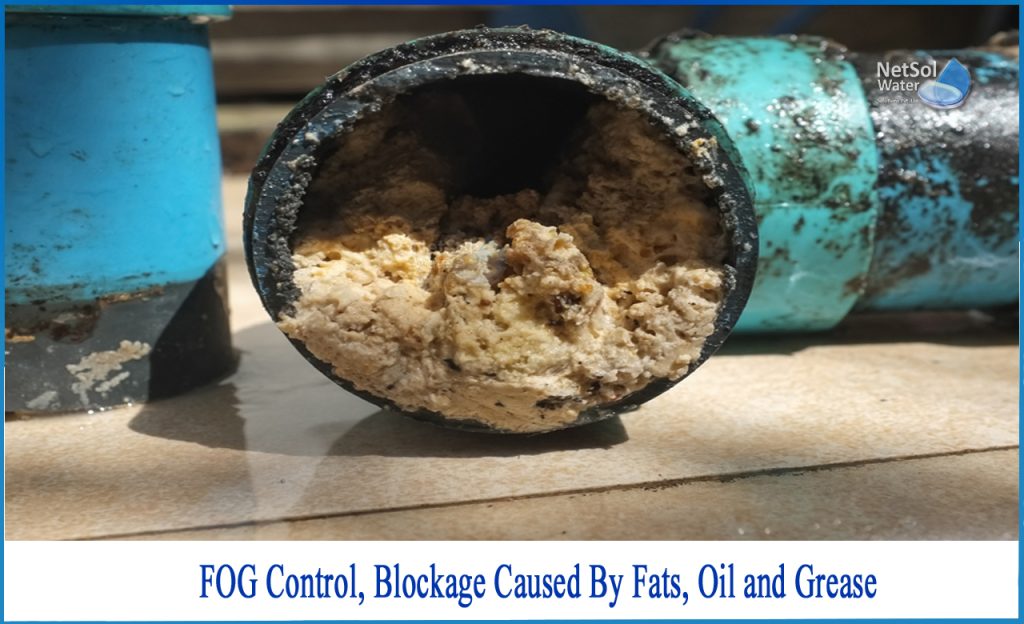
Improper disposal of FOG can lead to severe plumbing and environmental issues. Use grease traps to prevent FOG from entering the sewer system and work with a licensed FOG hauler for regular pickups.
The Role of Technology: Restaurant Tablet Best Practices
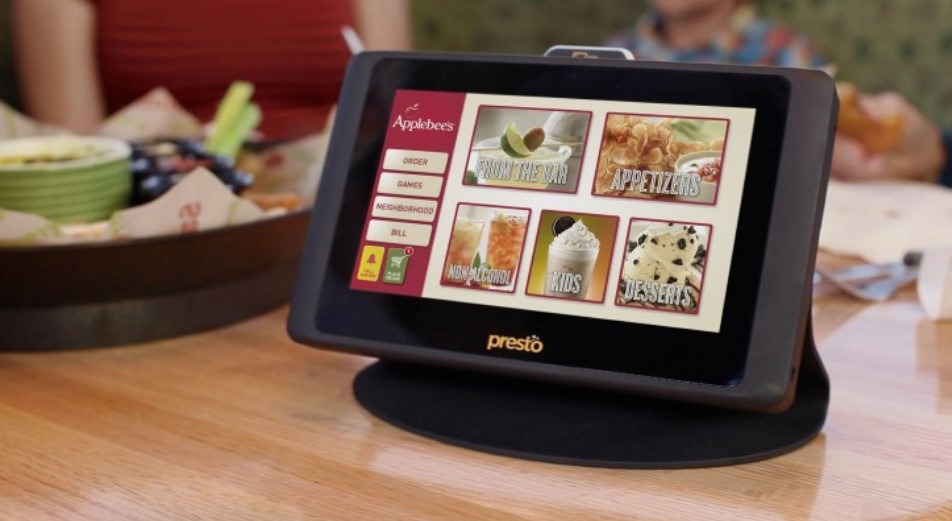
In this digital age, technology plays a significant role in efficient waste management. Specifically, restaurant tablets can be utilized for precise inventory management, which directly contributes to reducing waste. Here are some restaurant tablet best practices to help you get the most out of your technology:
Regularly Update Your Inventory: Regularly update the stock levels in your restaurant tablet. This helps in avoiding over-ordering and reduces the likelihood of food wastage.
Train Your Staff: Ensure that your staff is thoroughly trained in using the tablet system. This guarantees accurate data entry, which is crucial for precise inventory management.
Use Predictive Analysis: Many modern restaurant tablets come with predictive analysis features. These can provide valuable insights into future demand, enabling you to make informed purchasing decisions.
Adopting Recycling Best Practices in Your Restaurant
Recycling is an integral part of responsible waste management. Here are some ways to incorporate recycling best practices in your restaurant:
Set Up a Recycling Program: Implement a recycling program tailored to the needs of your restaurant. This includes providing clearly labeled recycling bins for different waste types.
Educate Your Staff: Training your staff on proper recycling protocols is crucial. This will ensure that recyclable materials are correctly sorted and not contaminated.
Work with a Reliable Recycling Provider: Partner with a reputable recycling provider that offers regular pickups and is transparent about their recycling process.
Going Beyond Waste Disposal: Sustainable Sourcing and Use
While effective waste management is crucial, embracing sustainable practices extends beyond just restaurant waste disposal best practices and recycling best practices. To truly make a difference and position your restaurant as an industry leader in sustainability, consider also focusing on sustainable sourcing and use of resources.
Sustainable Sourcing
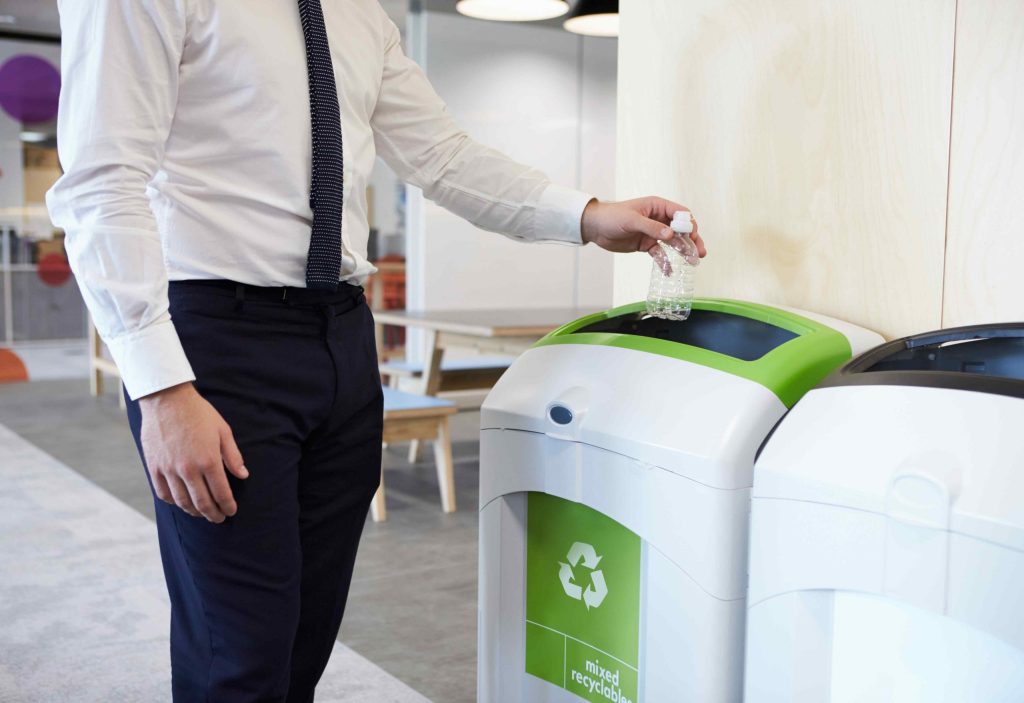
Strive to source your ingredients locally whenever possible. Not only does this reduce the carbon footprint associated with long-distance transport, but it also supports local farmers and promotes the local economy. Consider working with suppliers who practice sustainable farming, such as organic farming or permaculture.
Water Conservation
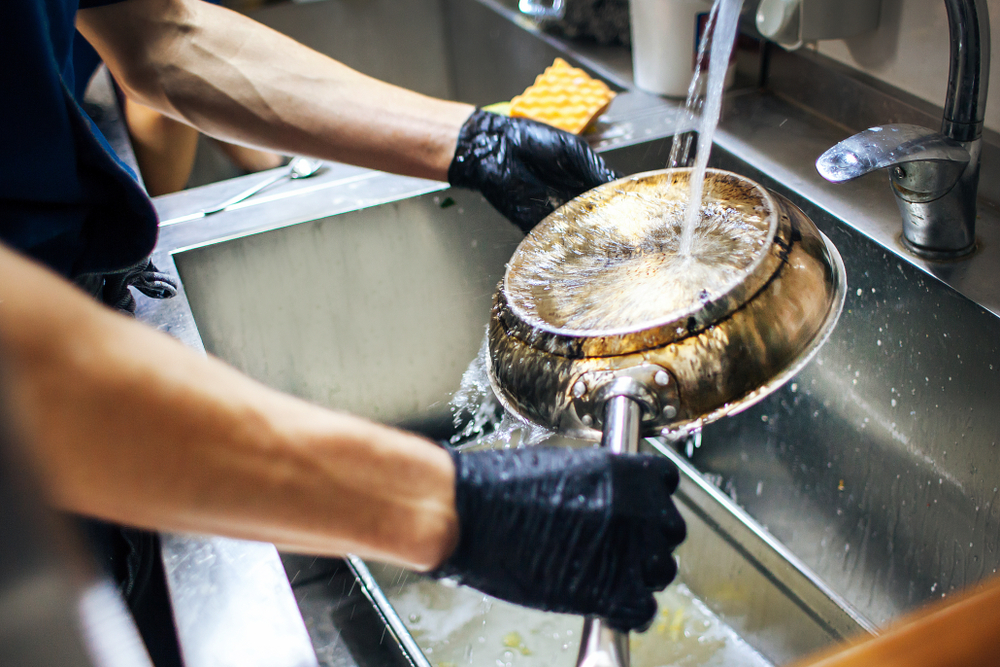
Water is a critical resource in the restaurant industry. Implementing water-saving practices can have a substantial impact on both the environment and your utility bills. Consider installing water-saving devices like faucet aerators, low-flow pre-rinse spray valves, and dual-flush toilets. Regular maintenance to prevent leaks can also contribute to significant water savings.
Energy Efficiency

Energy-efficient appliances can reduce both your energy use and your monthly energy bills. Look for appliances with the ENERGY STAR rating, which signifies that they meet the U.S. Environmental Protection Agency’s standards for energy efficiency. Regular maintenance of your equipment can also help to ensure it operates at maximum efficiency.
Eco-friendly Packaging

If your restaurant offers takeaway or delivery, opt for eco-friendly packaging. Choose materials that are recyclable or compostable, and avoid single-use plastics whenever possible. This is a straightforward way to reduce your restaurant’s environmental impact.
Building a Culture of Sustainability
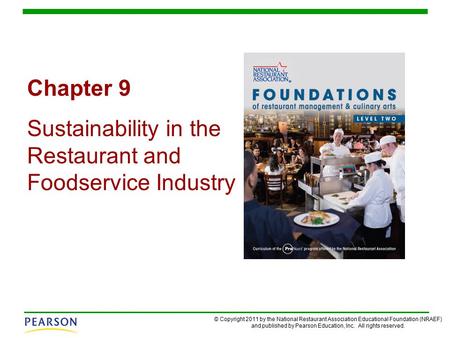
Finally, remember that embracing sustainability is not a one-off effort, but rather a long-term commitment that requires a shift in your restaurant’s culture. Here are some tips to help you build a culture of sustainability:
Provide Regular Training: Regularly train your staff on the importance of sustainability and how to implement sustainable practices in their work. This will help to ensure that everyone is on board and that sustainable practices are consistently applied.
Reward Sustainable Behavior: Consider implementing a rewards program to incentivize sustainable behavior. This could involve recognising staff members who come up with innovative ways to reduce waste or save resources.
Communicate Your Commitment to Customers: Let your customers know about your commitment to sustainability. This not only enhances your restaurant’s image but also helps to educate customers about the importance of sustainability.
Navigating Legislation and Regulations
In addition to these best practices and sustainability initiatives, it’s important to be aware of any local, regional, or national legislation and regulations regarding waste disposal and recycling in the restaurant industry. Compliance with these laws is not only a legal requirement, but it also demonstrates your restaurant’s commitment to sustainability and responsible business practices. Regularly check with your local health department or waste management agency for any updates or changes to these regulations.
Measuring Your Impact
Finally, as you embark on this journey towards sustainability, don’t forget to measure and track your progress. Regular audits of your waste disposal practices, recycling efforts, and overall sustainability initiatives can help you identify areas for improvement and measure the impact of your efforts. This data can also be valuable in communicating your sustainability efforts to customers, stakeholders, and the
Conclusion
Adopting restaurant waste disposal best practices and recycling best practices, integrating technology through restaurant tablet best practices, and embracing sustainability in sourcing and resource use are all crucial steps towards a more sustainable restaurant industry. By making these changes, your restaurant can not only reduce its environmental impact, but also save money, improve operational efficiency, and position itself as a leader in sustainability. The journey toward sustainability is ongoing, but every small step makes a difference. Start your journey today.











